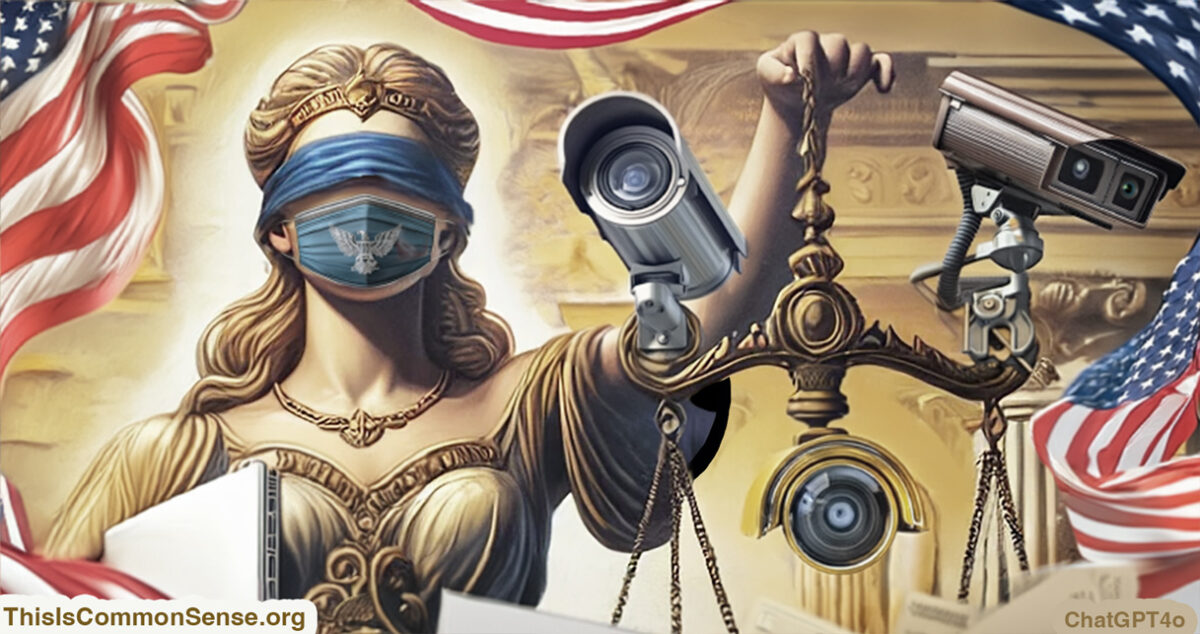Another round of presidential pardons, anyone?
At Medium, former New York Times science and health reporter Donald G. McNeil, Jr., urges President Joe Biden to “preemptively pardon Jack Smith, Robert Mueller, Merrick Garland, Brad Raffensberger, Fani Willis, Letitia James, E. Jean Carroll, Judge Juan Merchan and every judge who has ever issued a ruling that made Donald J. Trump unhappy.”
He says that “President Biden should also pardon himself,” along with “the heads of Operation Warp Speed and the chief executives of Pfizer and Moderna,” and “can’t even imagine how many political journalists … also need protecting.”
Is there anyone left?
“While we’re at it,” writes McNeil, “I’d like a pardon too.”
The award-winning journalist had a colorful history at The Times. In 2020, the paper reprimanded him for comments attacking Trump and the head of the Centers for Disease Control over their COVID response, declaring “that his job is to report the facts and not to offer his own opinions.”*
And we can’t forget the primary focus of McNeil’s essay, titled: “Now Biden Should Pardon Tony Fauci.” Declaring “Dr. Fauci has done nothing wrong,” the reporter decries that “a motivated prosecutor can go after you for anything … can break you financially with legal fees just proving your innocence.”
Yes, we know … having watched it unfold against Mr. Trump.
McNeil clearly fears that Trump will become a dictator, throwing out the Constitution and the rule of law. Judging from Trump’s first term, I am not so worried. But does even McNeil really believe these pardons could survive his imagined MAGA maelstrom?
For nearly 40 years, Anthony Fauci directed the National Institute of Allergy and Infectious Disease, with primary responsibility for the treatment of contagious illnesses, including during the COVID-19 pandemic. A presidential pardon would be an official admission of his guilt.
In your own vernacular, Mr. Biden: Don’t!
Fauci deserves his day in court. And so do we.
This is Common Sense. I’m Paul Jacob.
* Then, in early 2021, McNeil resigned from the newspaper “under pressure” after complaints surfaced about him using the n‑word on a student trip to Peru, for which he served as a guide.
Note: Back in 2022, Elon Musk did post on X: “My pronouns are Prosecute/Fauci.”
Illustration created with Flux and Fireflly
—
See all recent commentary
(simplified and organized)





